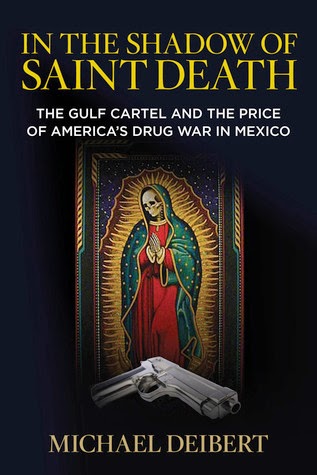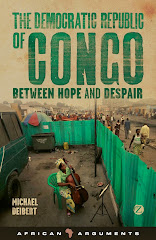Having covered the debate regarding capital punishment in the Western Hemisphere tangentially for a few years now, both in the United States and Jamaica, I was more or less certain that, sooner or later, a story such as the one that David Grann has penned for the current issue of the New Yorker would come to light. Grann’s story concerns Cameron Todd Willingham, a Texas man who was executed in 2004 for the murder of his three small children in a fire that prosecutors successfully argued that Willingham had set deliberately.
The only problem was, scientific analysis now proves, there was no evidence that the fire had even been arson, let alone set by Willingham, who had refused to accept a guilty plea that would have spared his life. Though by any standards an unappealing character who had battered his wife and was involved in minor scrapes with the law, it seems now proven beyond any reasonable doubt that, in February 2004, the state of Texas executed an innocent man.
I have seen the potential for error in the death penalty close up, in the person of Carl McHargh, a Jamaican man who was convicted and sentenced to death for the shooting deaths of two men on the basis of testimony of a single witness. After an attempt on his life in prison left him with twenty-three stab wounds on his body, McHargh was absolved of culpability of the crime and freed in June 2006, after spending nearly seven years in jail following the 1999 slayings. In the United States, I have interviewed people such as Lorry Post, whose daughter was murdered in 1989, but who nevertheless is a founder of New Jerseyans for Alternatives to the Death Penalty.
It’s a complicated debate. One can understand how the families of victims would want justice, but when one looks closely at the fact that, since 1976, more than a hundred and thirty people on death row have been exonerated by DNA testing, and at the ghastly miscarriage of justice that was the state-sanctioned murder of Cameron Todd Willingham, one can’t help but think that there must be another way to punish these most heinous of criminals.
For further reading on the imperfections of the ultimate penalty, please visit the website of the Innocence Project, a national litigation and public policy organization dedicated to exonerating wrongfully convicted people through DNA testing.
Subscribe to:
Post Comments (Atom)




No comments:
Post a Comment